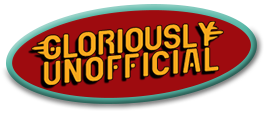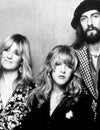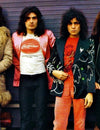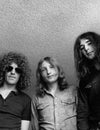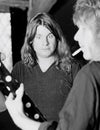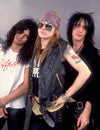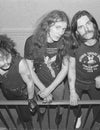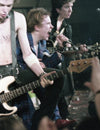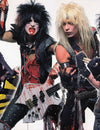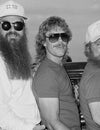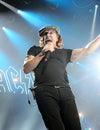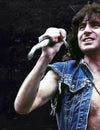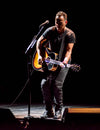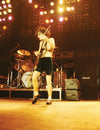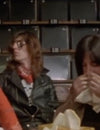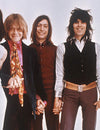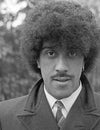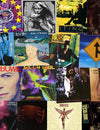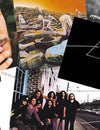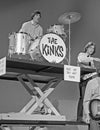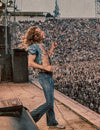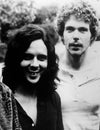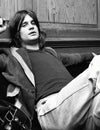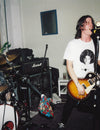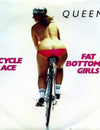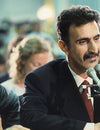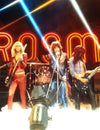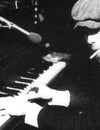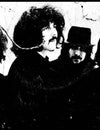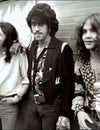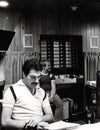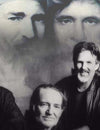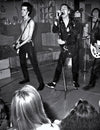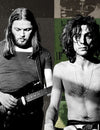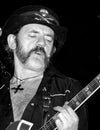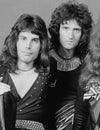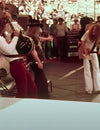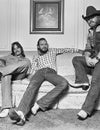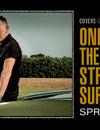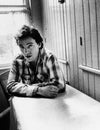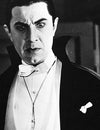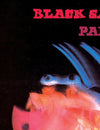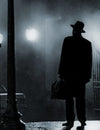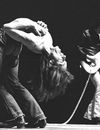
The Kinks: Problems With Lola
There was a time when artists and corporate entities existed in a different world. Artists were doing what they could to maintain their freedom from the claws of corporate enterprise, and their music was written without any concern for the day-to-day whims of the penthouse suits.
In 1970, the English rock band, The Kinks, found out that there’s a price to be paid when worlds collide.
Formed in 1963 by brothers Ray and Dave Davies, The Kinks were one of the most influential rock bands of the 1960s and were part of the British invasion of rock and roll in the United States in the early part of the decade. Ray played rhythm guitar and was the lead vocalist; Dave was the lead guitarist and backup vocalist. Drummer Mick Avory joined the band after their manager responded to an ad Avory placed in a local magazine. Bassist Pete Quaife was a member of the Davies’ original band, the Ravens, in 1962 before they changed their name to The Kinks after signing a recording contract in 1963. Quaife was replaced by John Dalton in 1969, with keyboardist John Gosling joining them in 1970.
Embed from Getty Images />
Living In The Moment
In the early 1960s, The Kinks were battling for rock supremacy with the Beatles and The Rolling Stones. Their popularity opened the door to the US, and they were about to become sensations in North America, until a show at Cardiff’s Capital Theatre provided a glimpse of what was to come.
The American Federation of Musicians, a trade union, banned them from touring the US from 1965-1969. Bloody fights between the band members, namely brothers Ray and Dave, led to people getting cut by cymbals and bottles, and there was far too much audience interaction for authorities to accept. One May night in 1965, Dave and drummer Mick Avory got into an altercation; Dave was hospitalized, and Avory went to jail.
Two songs into the set, Davies said to Avery: “Why don’t you get your cock out and play the snare with it? It’ll probably sound better.” Soon after, an unconscious Davies was driven to Cardiff Royal Infirmary and needed sixteen stitches to repair the wound caused by Avory attacking him with a cymbal. Avory went on the run, hiding from police. Dave’s brother Ray recalls the situation:
“Yeah, the police wanted to do Mick for attempted murder. News At Ten even interviewed him later on that night from a secret location…When they finally caught up with and arrested him, Mick tried to deny it all…But the cops turned round and said, ‘Mr. Avory, we’ve got 5,000 witnesses!’” Dave Davies eventually dismissed all the charges for the good of the band.
They also fought with promoters. They felt betrayed that their music wasn’t being promoted enough, and that was to blame for poor ticket sales. After a promoter tried to buy the band out of their contract, the band had enough. They decided that if the only music that was going to be promoted to the fans was their hits, then that’s all they would play live; just a couple of their hits and nothing else. And that’s what they did. Their concerts were shortened drastically, and though the story is disputed by one of their roadies, it’s said that they played a forty-five-minute jam on “You Really Got Me!” during a show in Sacramento and then walked off stage. That caused the promoter to file a formal complaint with the AFM and would soon end their time performing in the US. They had opportunities to make things right, but couldn’t.
A scheduled performance on Dick Clark’s show in July was their chance to right the ship, but that too went horribly wrong. Ray Davies remembers:
“Some guy who said he worked for the TV company walked up and accused us of being late. Then he started making anti-British comments. Things like ‘Just because the Beatles did it, every mop-topped, spotty-faced limey juvenile thinks he can come over here and make a career for himself. You’re just a bunch of Commie wimps. When the Russians take over Britain, don’t expect us to come over and save you this time. The Kinks, huh? Well, once I file my report on you guys, you’ll never work in the U.S.A. again. You’re gonna find out just how powerful America is, you limey bastard!’ The rest is a blur. However, I do recall being pushed and swinging a punch and being punched back.”
They would be denied permits to play any more shows in the US after that, and they missed out on promoting what would be their best work in the next four years.
A Club Down In Old Soho
The pile of bands that have been destroyed by coke would reach the sky. Usually, the coke in question comes from a South American country and isn’t advertised for sale on network tv.
I met her in a club down in old Soho
Where you drink champagne and it tastes just like Coca-Cola…
Those are the opening lines to the title track of their eighth album, released in 1970, “Lola.” It was an overnight hit, reaching number two in the UK charts and breaking into the US Top 10. It seemed all was looking up for The Kinks, but not quite.
The BBC was so dishonored by the use of the words “Coca-Cola” that it informed the band the song would be banned from its airwaves because of a strict policy against product placement, planned or accidental. That attracted other negative attention to the song, and more backlash followed. Other broadcasters were more taken aback by the mere mention of “coke.”
Ray Davies was told of the BBC’s intention not to play the song only days before its release. The band was touring the US at the time, and Davies traveled back and forth, twice, between London and the Midwest in a week — racking up 16,000 air miles in the process — just to change “Coca-Cola” to the unbranded “cherry cola” so the BBC would play the song.
A Look in The Mirror
Dozens of stations from Australia to the United States refused to play the record about a “shook-up world” where “girls will be boys, and boys will be girls.” They thought it was far too risque to deal with. The song was inspired by the various transvestites, transsexuals, and drag queens the band knew from their nights cavorting in underground clubs. The album touched on a broad range of topics associated with the entertainment world with a satirical spin.
“Denmark Street” was about song publishers:
You go to a publisher and play him your song
He says, "I hate your music and your hair is too long
But I'll sign you up because I'd hate to be wrong
“Get Back in Line” addressed the role of unions:
Will I go to work today or shall I bide my time
'Cause when I see that union man walking down the street
He's the man who decides if I live or I die, if I starve, or I eat
Then he walks up to me and the sun begins to shine
Then he walks right past and I know that I've got to get back in the line
“Top of the Pops” was, of course, about the successful hit-producing machine of the same name:
Now my record's number 11 on the BBC
But number seven in the N.M.E.
Now the Melody Maker want to interview me
And ask about my politics and theories on religion
“The Moneygoround” addressed accountants and business managers:
Robert owes half to Grenville
Who, in turn, gave half to Larry, who
Adored my instrumentals
And so he gave half to a foreign publisher
He took half the money
That was earned in some far distant land
Gave back half to Larry
And I end up with half of goodness knows what
“This Time Tomorrow” discusses the struggles of life on the road:
I don't know where I'm going, I don't want to see
I feel the world below me looking up (looking up), looking up at me
Leave the sun behind me
And watch the clouds as they sadly pass me by
I'm in perpetual motion
And the world below doesn't matter much to me
Today, sadly, bands that have the level of success The Kinks enjoyed are married to the corporate machine, with their logos tattooed on their forehead.

